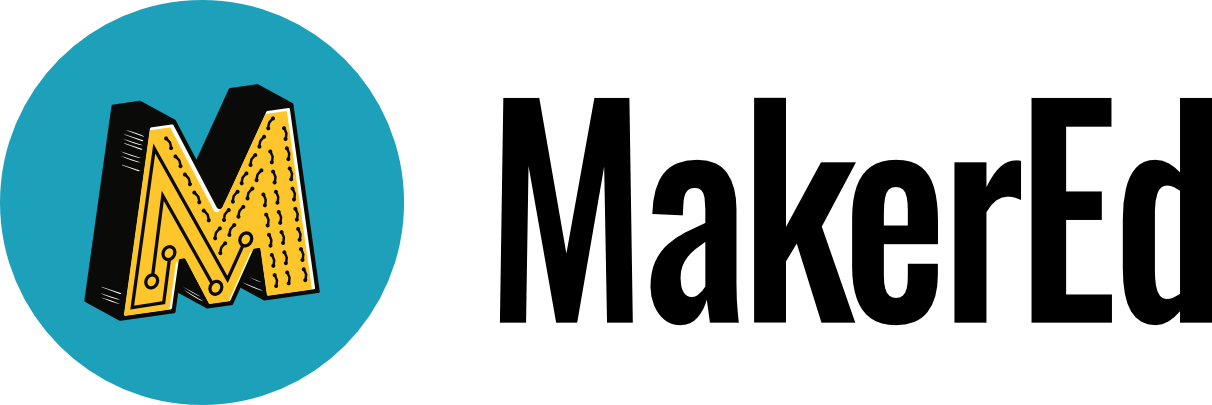Introduction
Maker education offers a transformational approach to teaching and learning that attends to the real and relevant needs of learners and humans. It is an approach that positions agency and student interest at the center, asking students to become more aware of the design of the world around them, and begin to see themselves as people who can tinker, hack and improve that design.
Maker education is fundamentally about approaches, mindsets, and community – not about stuff – and Maker Ed’s focus on educators and the institutions they work in emerges from our core belief that maker education is about people. We know that people need support, tools, resources and community to fully participate in the opportunities offered. We know that learning is contextual and social, and that for children to get what they need, educators must have what they need.
Theory
Building on the work of educational theorists like Jean Piaget (constructivism) and Seymour Papert (constructionism) maker-centered learning develops that awareness through interactive, open-ended, student-driven, multi-disciplinary experiences that allow for the time and space needed to develop diverse skills, knowledge, and ways of thinking. In maker-centered learning environments, students imagine, design, and create projects that align the content of learning with hands-on application. Maker education can surface the deep knowledge and resilience in communities, making space in institutions for different ways of knowing and sharing knowledge. Maker education isn’t about the stuff we can make, it’s about the connections, community and the meaning we can make, and who holds the power to decide what our futures hold.
Community
We also know that making looks different in every community, because making is embedded in community. Maker education can happen with cardboard and duct tape; with a loom and wool; with your uncle’s old car; with robots and LEDs; with butter and sugar and flour and heat. It can easily incorporate or embody project-based learning, community learning, environmental learning, invention education, deeper learning and other approaches to transforming the traditional educational landscape. Be part of the community and sign up for our newsletter! Or find other ways to get involved!
This video was made possible by the generous support of the Gordon and Betty Moore Foundation and Google. Special thanks to East Bay School for Boys for providing a location!
